Blending archival footage with interviews from A-listers Ava DuVernay, Geena Davis and Agnès Varda, among others, Green’s fizzy doco dives into the birth of motion pictures, and the pioneering woman who was there from the start.
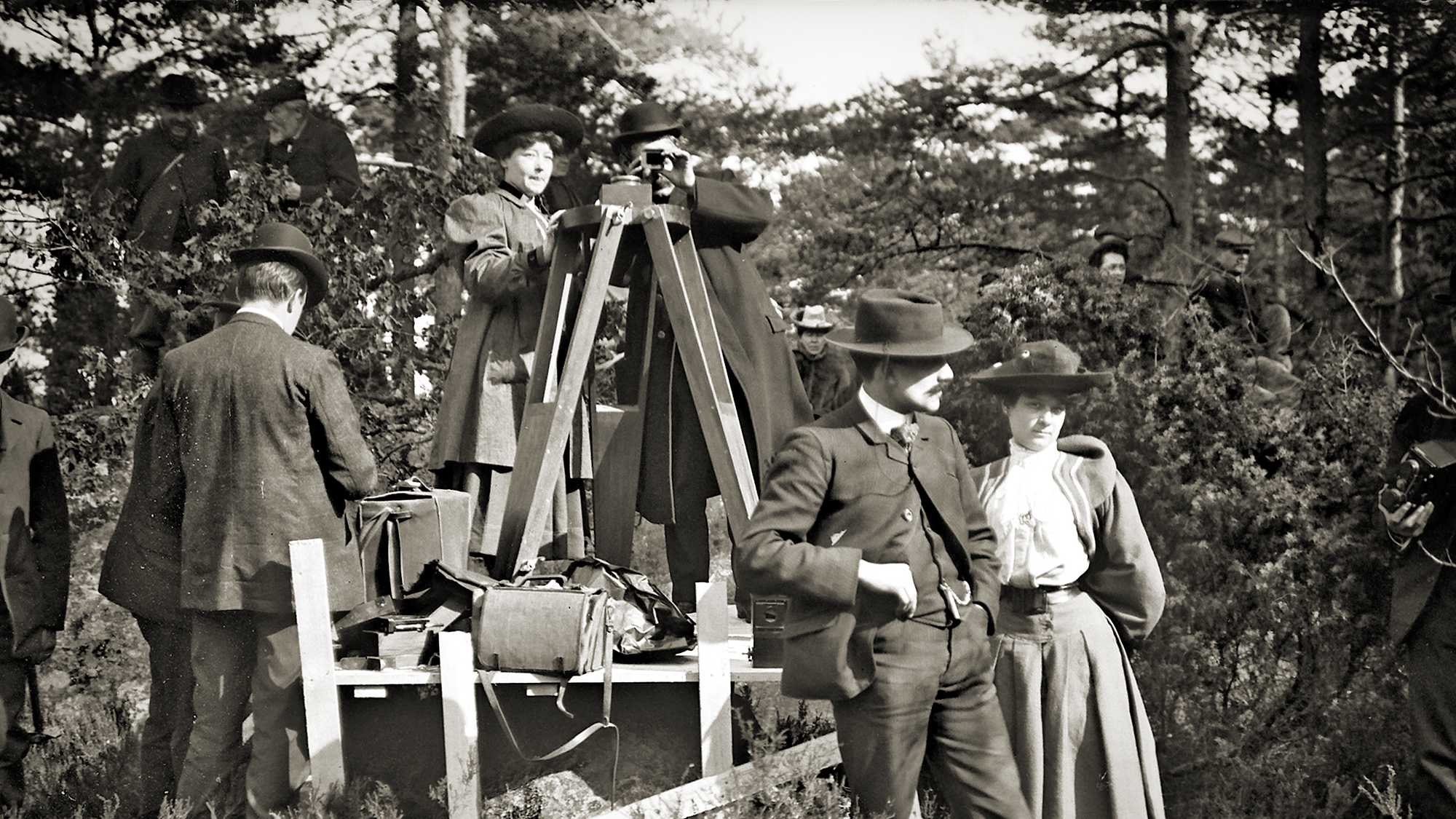
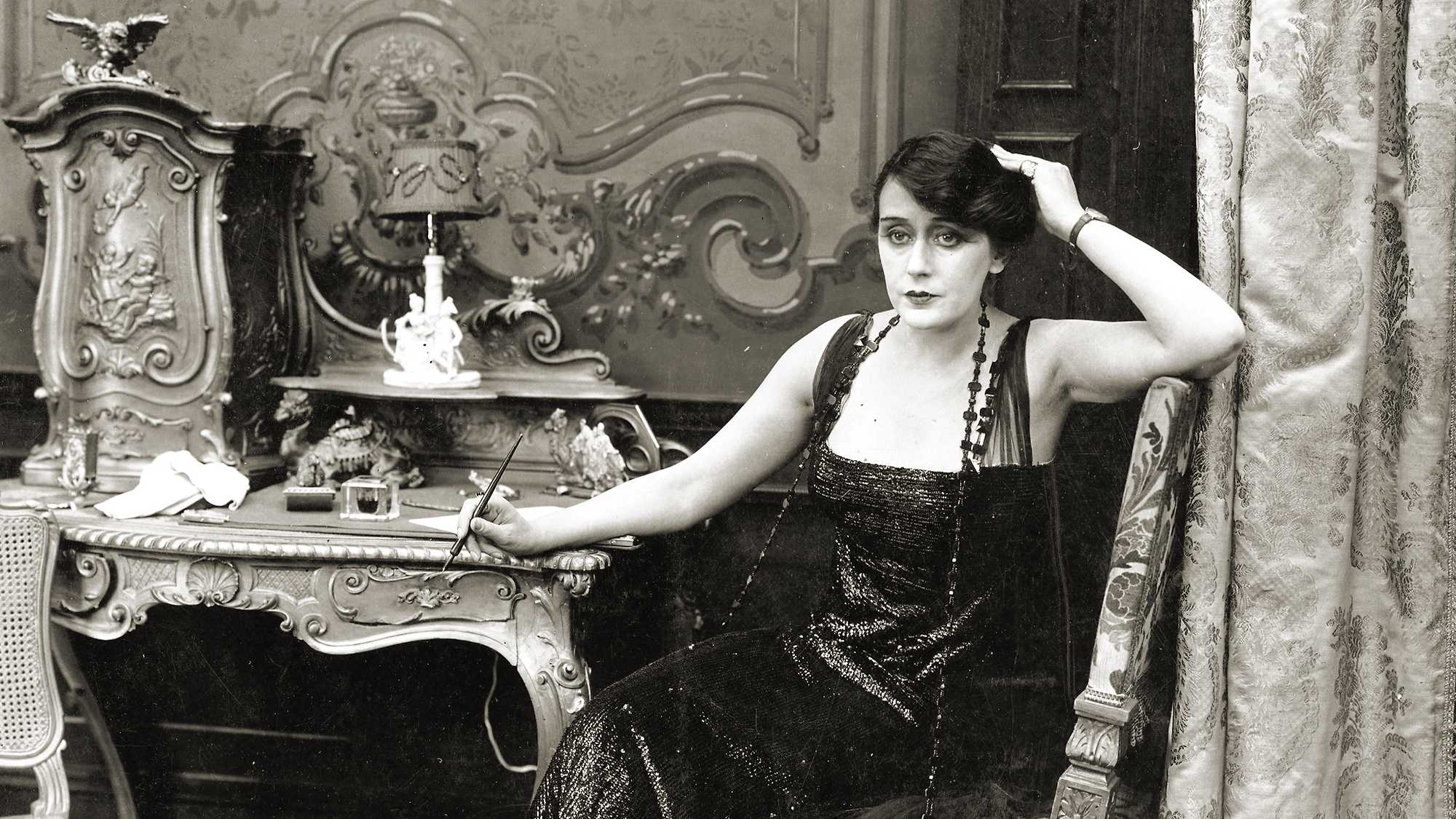
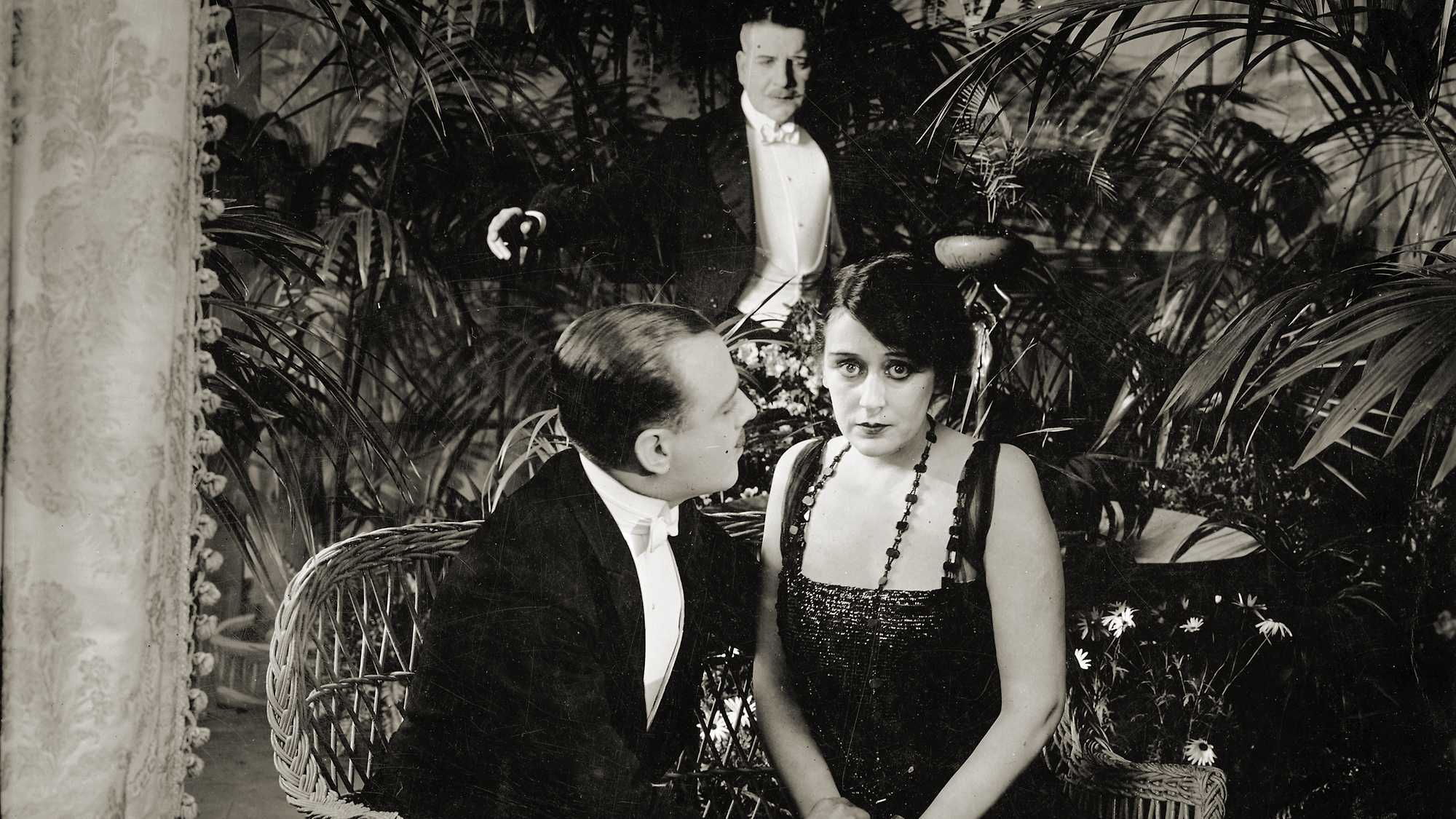
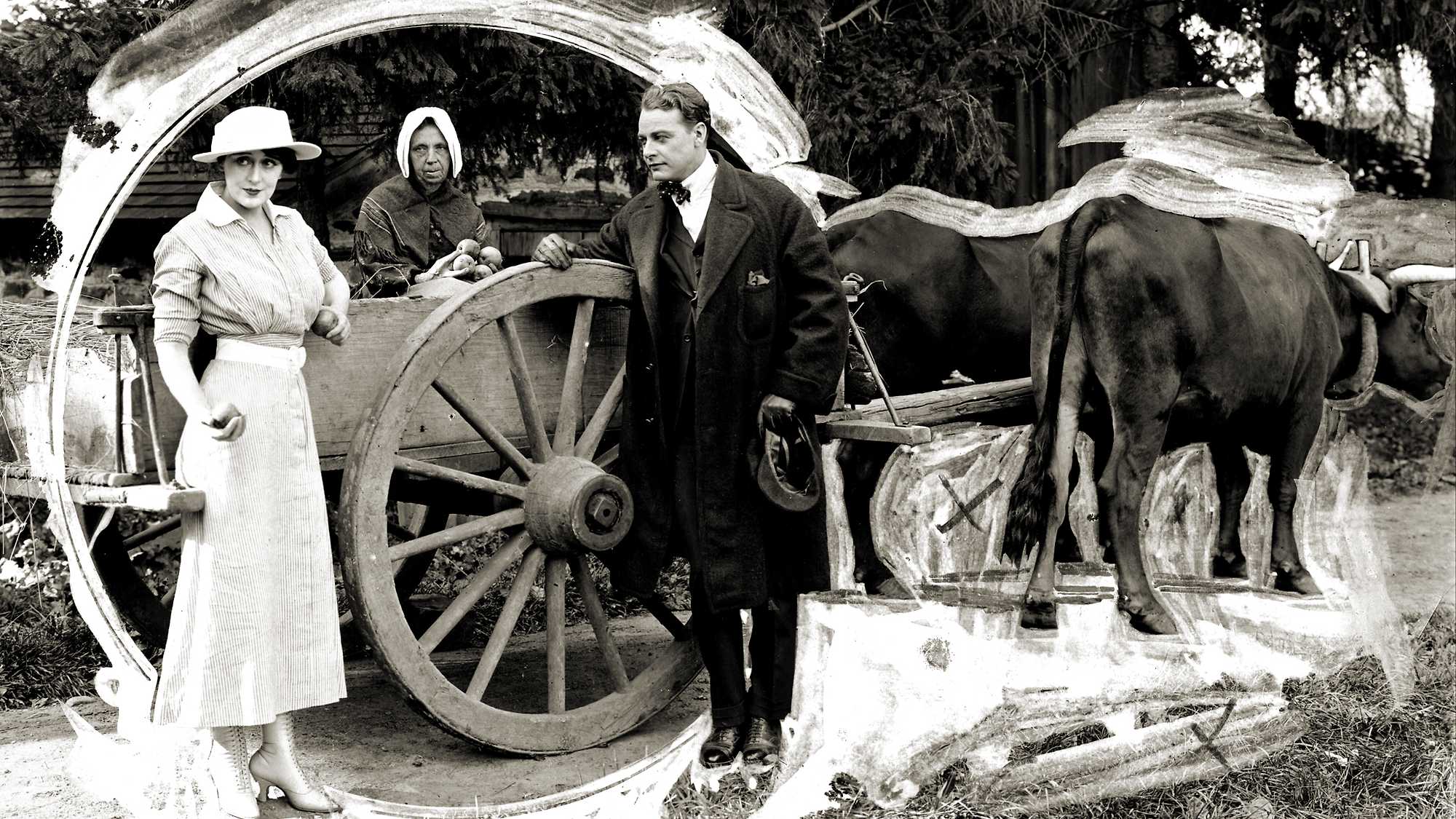
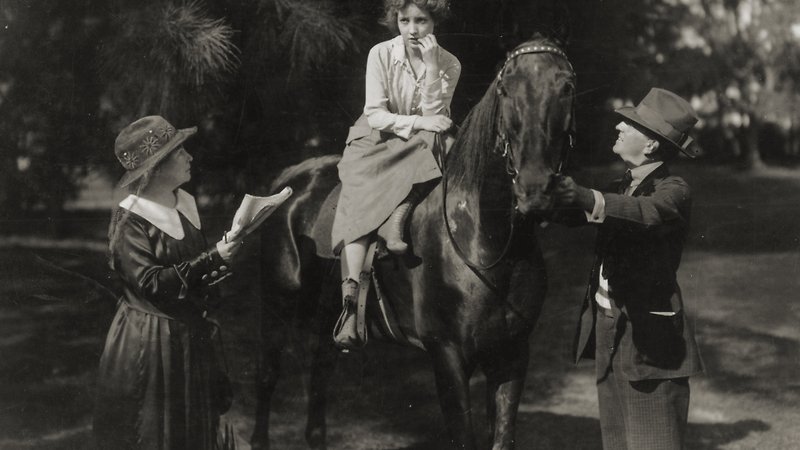
By the end of Be Natural, you won’t only have a clear idea of who this remarkable woman was; you may well have acquired a new taste in old movies.
Screened as part of NZIFF 2019
Be Natural: The Untold Story of Alice Guy-Blaché 2018
If you haven’t heard of Alice Guy-Blaché, by the end of Pamela B. Green’s documentary you will be singing her praises. Previously passed over by historians (and briefly written out of Gaumont’s own production history), Guy-Blaché was a pioneer of early cinema. Utilising wonderful interview footage of Guy-Blaché recorded in 1957 and 1967, blended with recovered film clips, Be Natural is an energetic investigation into the legacy of the world’s first female director.
Trained in stenography, Alice Guy-Blaché was hired as an assistant to Léon Gaumont in 1894 and soon began working behind the camera to direct demo films to sell Gaumont’s motion picture cameras. By the age of 23, she was named head of production at Gaumont and began her prolific career.
A great comic director, Guy-Blaché was well ahead of her time, creating satirical and revolutionary feminist films that explored gender, sex, representation and race. After moving to America in the early 1900s, a country she found much more welcoming than her homeland, she founded Solax studio and poured her life and soul into directing, producing and mentoring. But in 1919 her career abruptly ended.
With an eye on the current climate in Hollywood and its historical treatment of women, Green delivers a fast-paced documentary that celebrates the work of an oft-forgotten icon. Though nowhere near the reported 1,000 films Guy-Blaché wrote, produced or directed during her time, 66 of her works, now highly regarded by contemporary film historians, are available on previously released Gaumont and Kino DVD box sets. — Kailey Carruthers